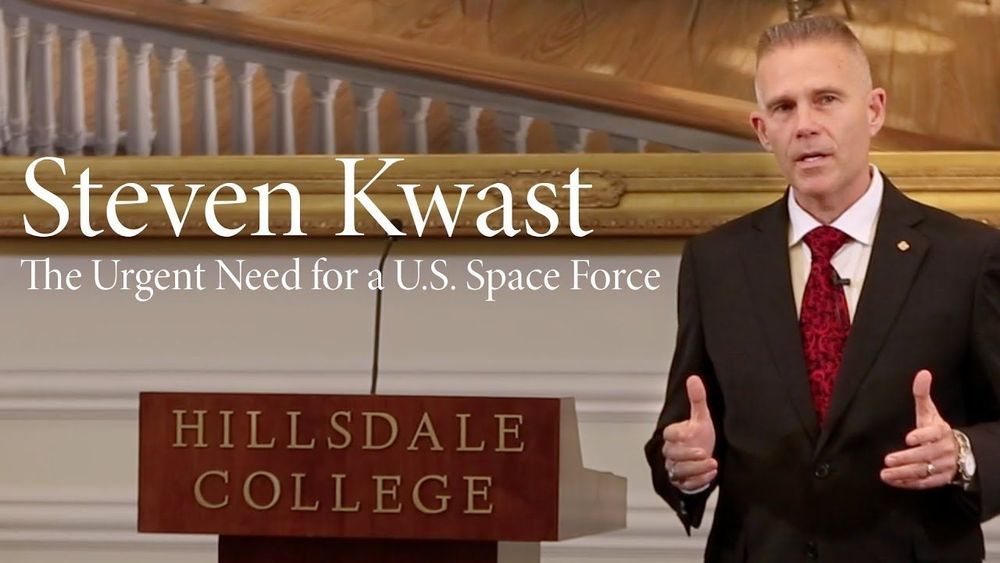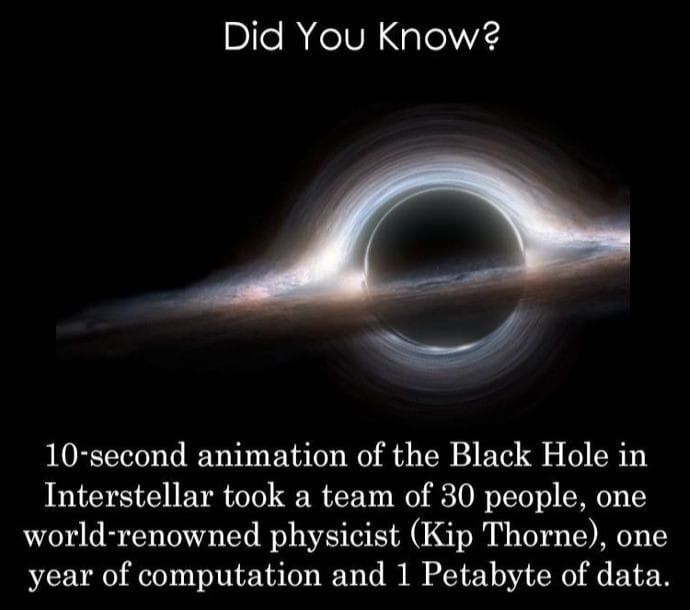Page 8047
Jan 5, 2020
Why the quantum internet should be built in space
Posted by Klaus Baldauf in categories: internet, quantum physics, satellites
The best way to distribute quantum entanglement around the globe is via a massive constellation of orbiting satellites, physicists say.
Jan 5, 2020
Fighting Ebola and other Highly Hazardous Pathogens In A Hot Zone! — Colonel (ret) Dr. Mark Kortepeter, MD, MPH — ideaXme — Ira Pastor
Posted by Ira S. Pastor in categories: aging, bioengineering, biological, biotech/medical, defense, genetics, health, life extension, military, posthumanism, science

Jan 5, 2020
Dr. Lucica Ditiu — Executive Director of the Stop TB Partnership — ideaXme — Ira Pastor
Posted by Ira S. Pastor in categories: aging, biological, biotech/medical, genetics, health, life extension, posthumanism, science, transhumanism

Jan 5, 2020
How we survive the surveillance apocalypse
Posted by Derick Lee in categories: law, surveillance, transportation
But no, privacy isn’t dead. A path to reclaiming it — fuzzy and almost too late — is starting to emerge. We just have to be angry enough to demand it.
Trying to get straight answers has been, literally, a full-time job. I’ve digested the legal word salad of privacy policies, interrogated a hundred companies and even hacked into a car dashboard to grab my data back. There are lots of stories about online threats, but it feels different watching your personal information streaming out of devices you take for granted. This year I learned there is no such thing as “incognito.” Just stepping out for an errand, I discovered, lets my car record where I shop, what I listen to and even how much I weigh.
Jan 5, 2020
IBM’s Lithium-Ion Battery Uses Seawater Materials Instead Of Heavy Metals, Charges In Just 5 Minutes
Posted by Brent Ellman in categories: solar power, sustainability
IBM found a way to make a battery with materials from seawater instead of cobalt or nickel which are harmful to the environment, and it charges much faster.
Lithium-ion batteries are just as important as solar panels and wind turbines in our pursuit of sustainable energy. The use of lithium-ion technology is sustainable, however, its materials are not. When the battery has served its purpose, if it’s not disposed of correctly, it has a profoundly negative impact on the planet. Furthermore, the making of the batteries involves sourcing of heavy metals that are expensive and come at a substantial humanitarian and environmental cost.
In search of a better option, IBM found a way to make a battery that relies on materials from seawater instead. Testing revealed that the new battery is just as good as the one made with heavy metals, such as cobalt and nickel.
Jan 5, 2020
Thanks Boomer? Bitcoin-Friendly Generations to Inherit $70 Trillion
Posted by Quinn Sena in category: bitcoin

Data from Coinshares underscores the wealth from days gone by which will ultimately fall into the hands of those who are sympathetic to Bitcoin as sound money.
Those who consider Bitcoin sound money will benefit from Baby Boomers to the tune of three times of U.S. GDP.
Jan 4, 2020
A Surprising New Source of Attention in the Brain Raises New Questions
Posted by Genevieve Klien in category: neuroscience
As you read this line, you’re bringing each word into clear view for a brief moment while blurring out the rest, perhaps even ignoring the roar of a leaf blower outside. It may seem like a trivial skill, but it’s actually fundamental to almost everything we do. If the brain weren’t able to pick and choose what portion of the incoming flood of sensory information should get premium processing, the world would look like utter chaos—an incomprehensible soup of attention-hijacking sounds and sights.
Meticulous research over decades has found that the control of this vital ability, called selective attention, belongs to a handful of areas in the brain’s parietal and frontal lobes. Now a new study suggests that another area in an unlikely location—the temporal lobe—also steers the spotlight of attention.
The unexpected addition raises new questions in what has long been considered a settled scientific field. “The last time an attention controlling area was discovered was 30 years ago,” says Winrich Freiwald, head of Rockefeller’s Laboratory of Neural Systems, who published the findings in the Proceedings of the National Academy of Sciences on November 4, 2019, “This is a fundamental discovery that might require a rethinking of old concepts about attentional control.”
Jan 4, 2020
Steven Kwast | The Urgent Need for a U.S. Space Force
Posted by Paul Velho in categories: education, engineering, ethics, government, law, policy, sex, space

Starfleet Begins
Steven L. Kwast is a retired Air Force general and former commander of the Air Education and Training Command at Joint Base San Antonio-Randolph. A graduate of the United States Air Force Academy with a degree in astronautical engineering, he holds a master’s degree in public policy from Harvard’s Kennedy School of Government. He is a past president of the Air Force’s Air University in Montgomery, Alabama, and a former fighter pilot with extensive combat and command experience. He is the author of the study, “Fast Space: Leveraging Ultra Low-Cost Space Access for 21st Century Challenges.”
Continue reading “Steven Kwast | The Urgent Need for a U.S. Space Force” »














